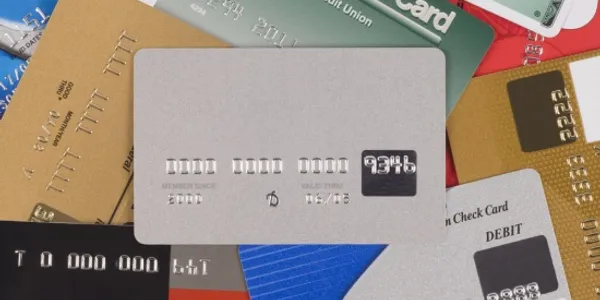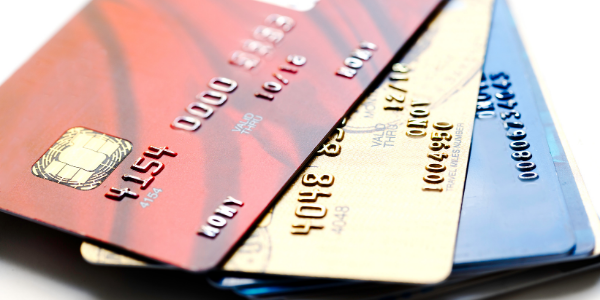Introduction
It's almost a rite of passage to get a credit card. Nothing gives you a more mature feeling than reaching into your wallet and removing a piece of plastic bearing your name. Is opening an account wise beyond a transient sense of accomplishment? It depends on how you use it and whether the card you receive is appropriate for your specific requirements. It's a decision that can have long-term repercussions, as many consumers have discovered the hard way. While adequately managing, it is crucial to establish a solid credit history for obtaining future auto loans, mortgages, and other financial instruments that you may require.
Advantages of Obtaining a Credit Card
Following are the advantages of obtaining a credit card:

You'll Build A Credit History
To get access to other lending products, like a mortgage or an auto loan, that you might require in the future, you must build a solid credit history.
You'll Be Protected From Fraud Liability
You are legally responsible for transactions under $50 before disclosing the fraud. Depending on when you report the theft, you can be held accountable for the whole amount that was stolen when using a debit card.
You Won't Have To Carry Cash When Travelling
When travelling, using credit cards is safer and more practical than keeping a lot of cash in your wallet. Some credit cards don't charge international transaction fees, so you can use your card to make purchases while travelling overseas rather than withdrawing cash from ATMs with high prices or exchanging money at disadvantageous rates. Just be sure to pay off any remaining balances as soon as possible.
You Could Earn Cash Back Or Travel Rewards
Credit card rewards can be earned by savvy users and redeemed for everything from statement credits to free trips. Although the best cards frequently demand outstanding credit, you might still earn rewards with even your first credit card. The goal is to avoid holding a debt; in this way, interest payments won't reduce your incentive earnings.
When You Should Get a Credit Card
It's crucial to consider your personality and the likelihood of maintaining a low amount and making timely payments before applying for a card. Lee, the founder of Never Go Broke and designer of the family board game Game of Fortune, said that after you've handled your money wisely, you're ready for a credit card. Generally speaking, you should be able to pay off a credit card amount in one to two months, but, to prevent paying interest, it's best to pay off your entire balance each month.
A Safe Way to Build Credit
Customers with bad credit can have difficulty being approved for a conventional credit card. Unfortunately, it's challenging to raise your FICO score without a credit account that you appropriately use. Getting a secured credit card, for which underwriting is much laxer, is one option you might consider. In contrast to other accounts, the borrower must submit a down payment, which safeguards the bank if you fail to make your payments. Your credit limit is frequently the same as the amount of your deposit. Banks record your payments to the credit bureaus, just like conventional cards, allowing you to improve your credit score gradually. Additionally, there is less chance that you will spend beyond your means because your credit limit is tied to your deposit.
Is It Better To Live Without A Credit Card?
Although you don't require a credit card, owning one may have advantages. Credit cards offer rewards and benefits that might help you develop credit. However, if you don't manage your credit card responsibly, you risk getting into debt and losing all of those advantages. If you don't think you can use a credit card responsibly, living without one is preferable.

Conclusion
Although there are many solid reasons to get a credit card, doing so should not be rushed. Opening an account has long-term effects, which aren't necessarily positive. And once you receive a card, handle it as though your future relies on it since it does. In the end, getting a credit card can be a terrific tool to establish credit and finance purchases, but it can also lower your credit score and result in debt. It all depends on your particular scenario. Consider your existing capacity to pay back debts before applying for a credit card and the potential benefits to your credit score.








